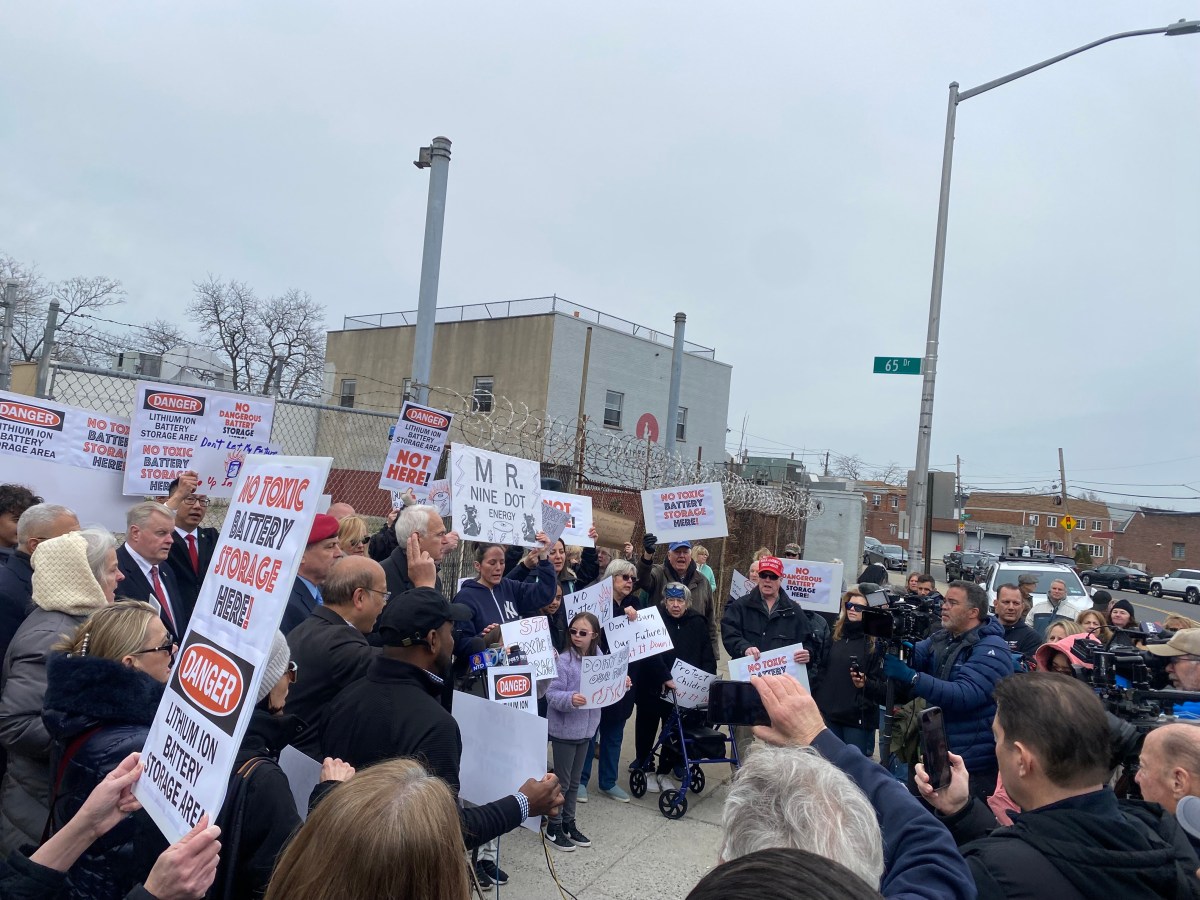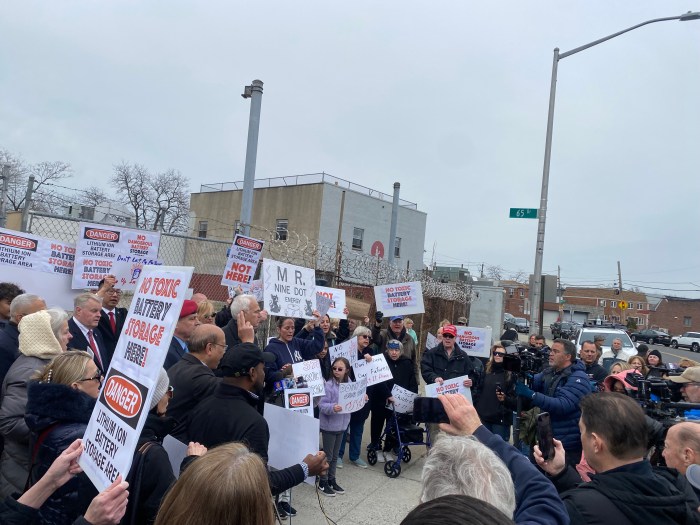Ida Keeling has set so many world records, it’s hard to keep the chronological details in order. The 102-year-old athlete, consulting a filing cabinet full of racing certificates in her Harlem brownstone, had to stabilize herself on a bureau as she knelt down.
“I’m not too steady anymore. But I’m still running,” she said with a grin.
While Keeling is best known for her multiple world records in the 60- and 100-meter dash that she set between the ages of 92 to 100, she’s also an activist, a mother of four and, now, an author. Keeling’s memoir “Can’t Nothing Bring Me Down: Chasing Myself in the Race Against Time,” co-authored by Anita Diggs, was released on Feb. 27.
The memoir chronicles her early life in Harlem during the Depression, her participation in the Civil Rights Movement, the death of her sons in 1978 and 1980 and her career as a runner.
Keeling began running at age 67 to recover from the grief of losing her sons. She claimed her first world record in the 60-meter dash for ages 90-94 at the 2008 World Masters Association games in Clermont-Ferrand, France. She was 92.
She has since set six more world records, including one on Feb. 24 in the 60-meter dash event in the 100-104 age group at the Imperial Dade Track Classic.
“At this point I’m just chasing myself because I have no competition in my age group. I just try to keep as limber and active as possible. I have no intention of slowing down,” she said.
Keeling’s daughter Cheryl added that many of the records have been broken since she set them, but added that more potential records are open to her now that she’s graduated into the 100-104 age bracket.
“She will take [them] back,” said Cheryl. “She’s the oldest running, that’s the thing.”
Asked how she keeps her petite, 4-foot-six frame so flexible and energetic, Keeling said “running is the best medication out there. It affects the whole mind and body.”
The memoir details just how integral resilience is to Keeling’s DNA.
She gave birth to two sons, Donald and Charles, during the Great Depression in 1937 and 1939.
Soon after her younger son Charles was born, Keeling discovered that their father Darryl “Rip” Richardson was already married, with another family he had kept secret from her. After Richardson left Keeling, she was left to take care of her sons on her own, enduring a period of homelessness after she was evicted from a string of apartments.
“My struggles made me stronger,” said Keeling.
Throughout her life, she has had to overcome dire situations. Keeling said that the drug-related deaths of her sons were pivotal events in her life. Both tragedies still haunt her, motivating her to continue running.
“Every time I think about it I feel sad, and so I go to the gym to feel better,” she said.
In the memoir, Keeling also describes how she faced racial oppression head-on. Having lived through Harlem race riots of 1935, she went on to participate in the March on Washington in 1963. Recently she said that she has continued her activism in collaboration with Rev. Al Sharpton’s National Action Network.
Keeling writes that she hopes the book will inspire those who are struggling to “survive their troubles knowing that anything is possible if you just believe and keep faith.”



































